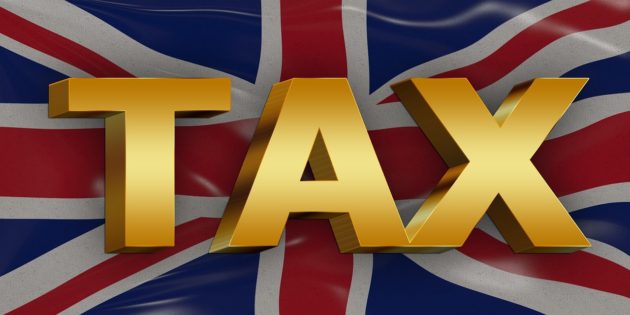Many of our clients are worth more dead than alive. We find this fact to be completely unfair. HMRC, who collect Inheritance Tax, might take a different view. Life insurance is the culprit in many cases – the one kind of insurance that you hope never to make a claim on.
However, we often overlook assets which come from an employee’s ‘Death in Service’ benefit. Usually larger employers provide Death in Service benefits. Most people in the public sector such as nurses, doctors and police officers have them.This benefit is an amount equivalent to 2-3 times salary but can be far more. When you add that to the total value of your estate, this can often unwittingly create a significant Inheritance Tax (IHT) liability.
Here’s how it works – if you have a Death in Service benefit, your employer will usually ask you to nominate somebody to receive it if you die (you don’t have to actually die while at work to receive it). The effect of nominating somebody is that it pays out outside your estate, and is therefore not liable to Inheritance Tax. But that’s the easy part.
Most people nominate their spouse or partner as the beneficiary. This means that the surviving spouse’s estate increases by 3 x your salary. If your joint estate is over £650,000 for married couples, or £325,000 for unmarried couples, this leaves the survivor with a much-increased Inheritance Tax bill on their death. Remember IHT is payable 40% on everything over the prevailing Nil Rate Bands. The introduction of the new Residence Nil Rate Band in April 2017 will increase the total amounts free of IHT to up to £1million for married couples and Civil Partners by 2012/22, and up to £500,000 for single people. However, you could still find your estate(s) exceeding these amounts.
Thankfully, there is a simple solution to this. Instead of nominating the spouse, you could nominate a Spousal Bypass Trust as the beneficiary of the Death in Service Benefit. The potential beneficiaries of this discretionary trust are the surviving spouse and children or grandchildren. That means that the survivor can have use of the assets in the trust but usually by borrowing anything they need; on their death, the money has to be paid back before Inheritance Tax is calculated, so their estate does not increase at all.
If you earn £50,000 and your Death in Service benefit is £150,000, a Spousal Bypass Trust could save £60,000 in tax. Isn’t estate planning simpler than you thought?
Steve Wilkes
Head of Estate Planning
Silver Lining Estate Planning Ltd




3 Comments
Gordon Hughes
17th February 2011I will bear this in mind when talking to persons in Occupational pension schemes
Benjamin Fabi
17th February 2011This is such a simple solution that is so often overlooked. And it applies to all benefits arising from just about every type of pension scheme. Protected rights are the only fly in the ointment, until April 2012 at least.
The Son Of Thom
4th January 2018Great article. Really interesting and food for thought.
Leave A Response